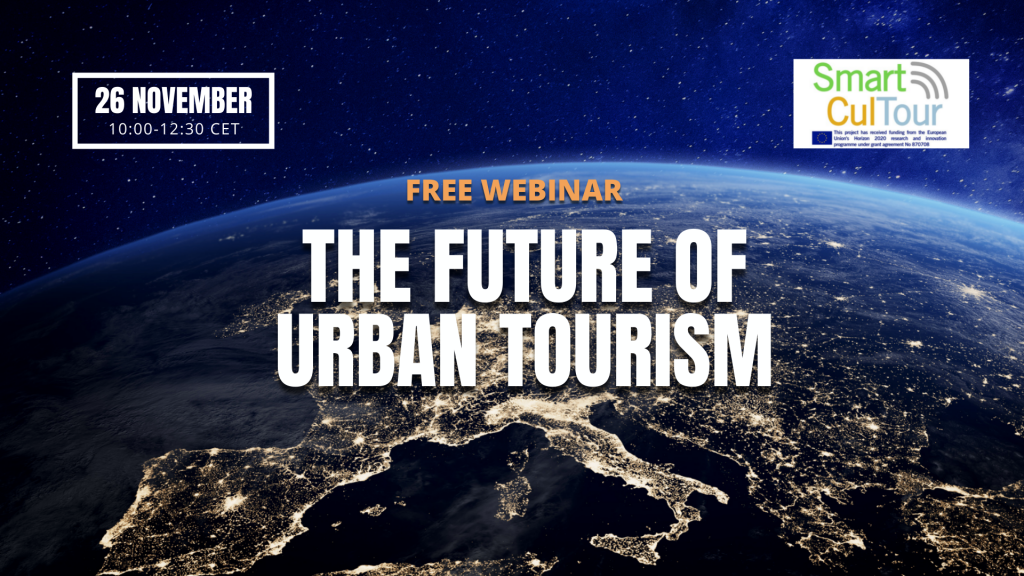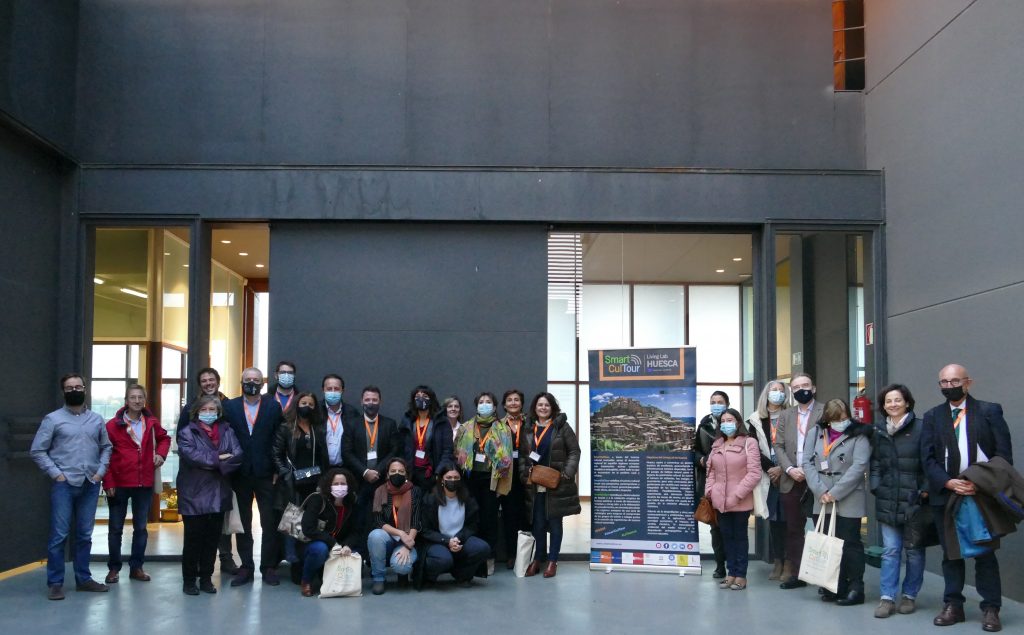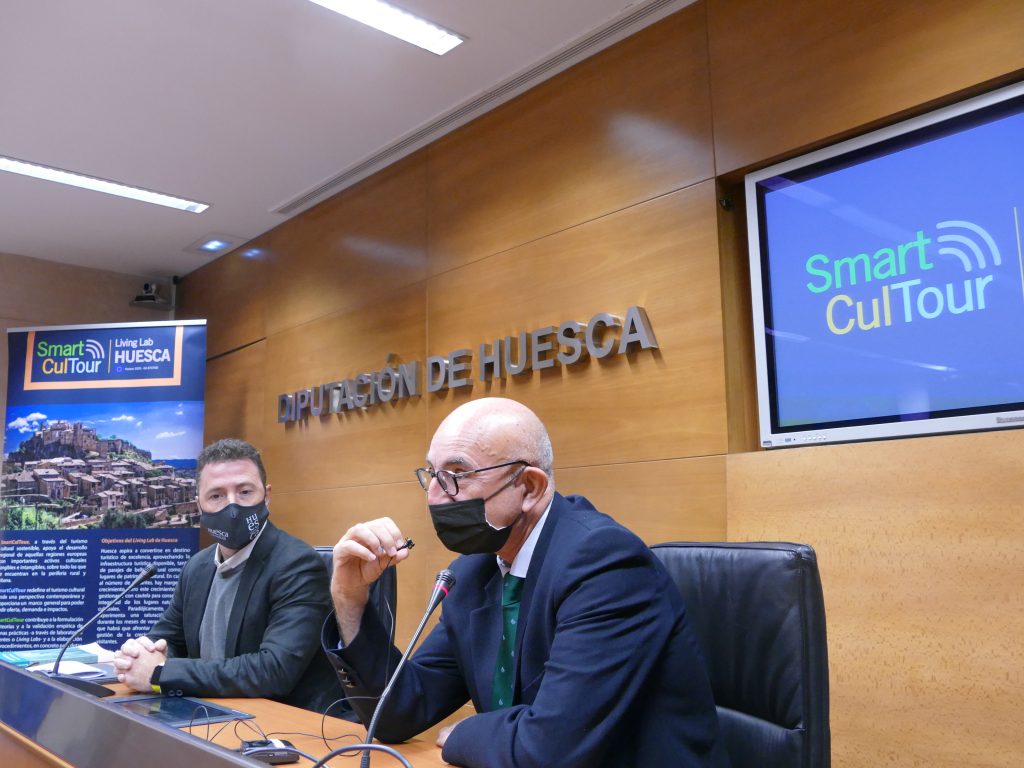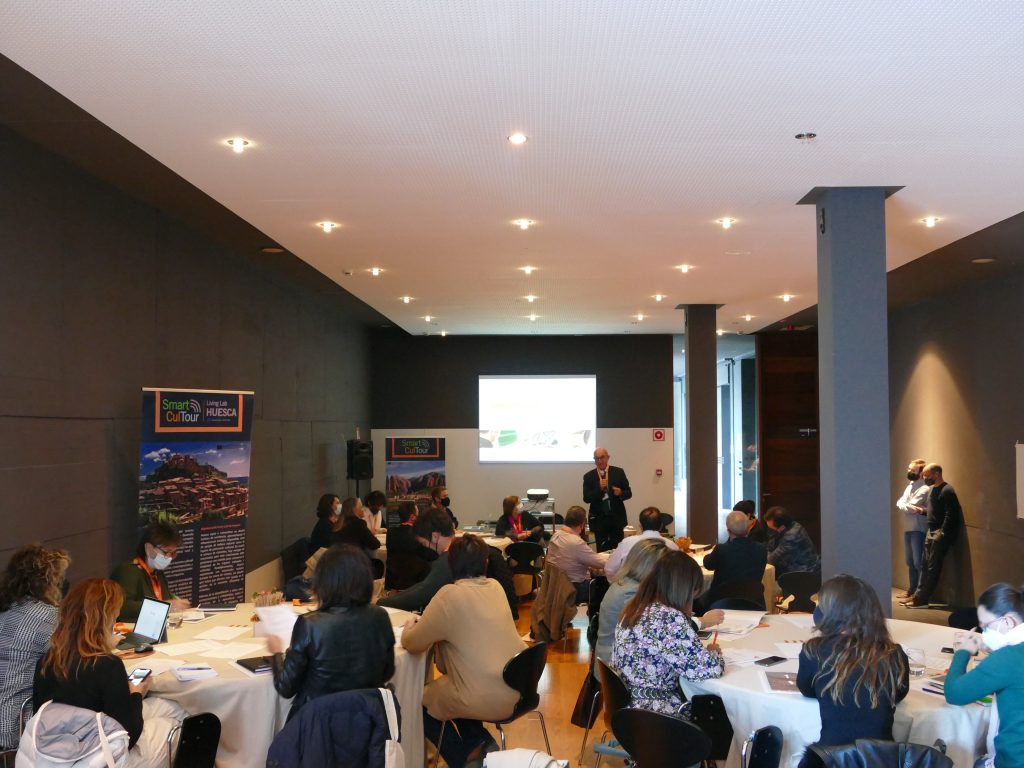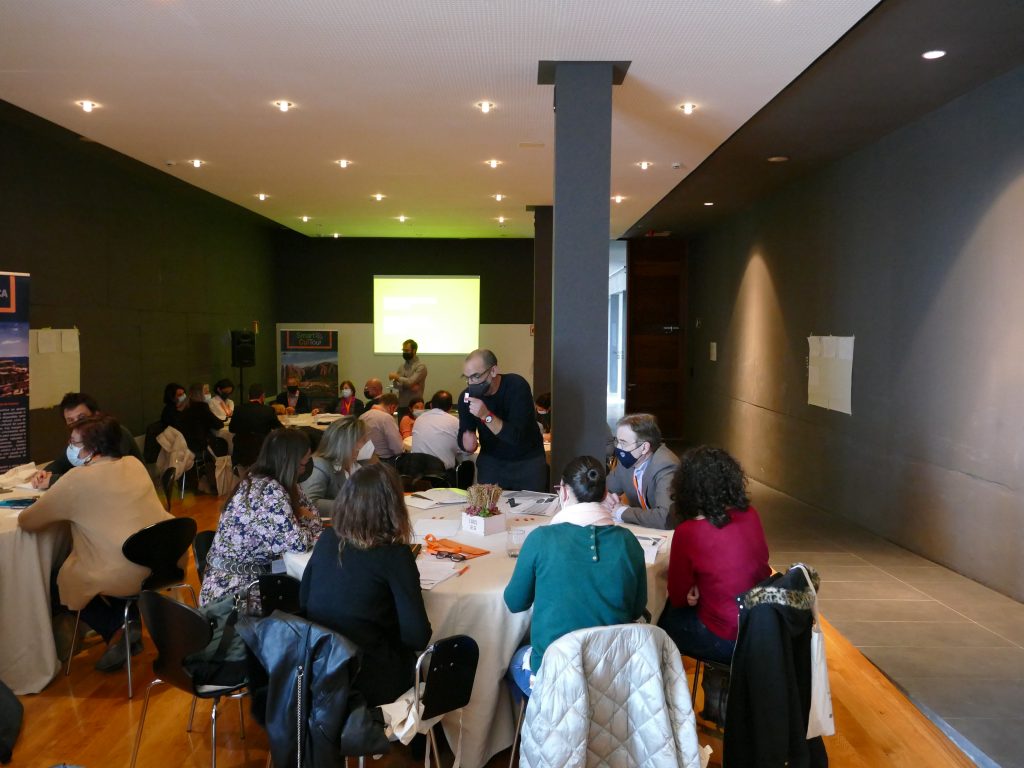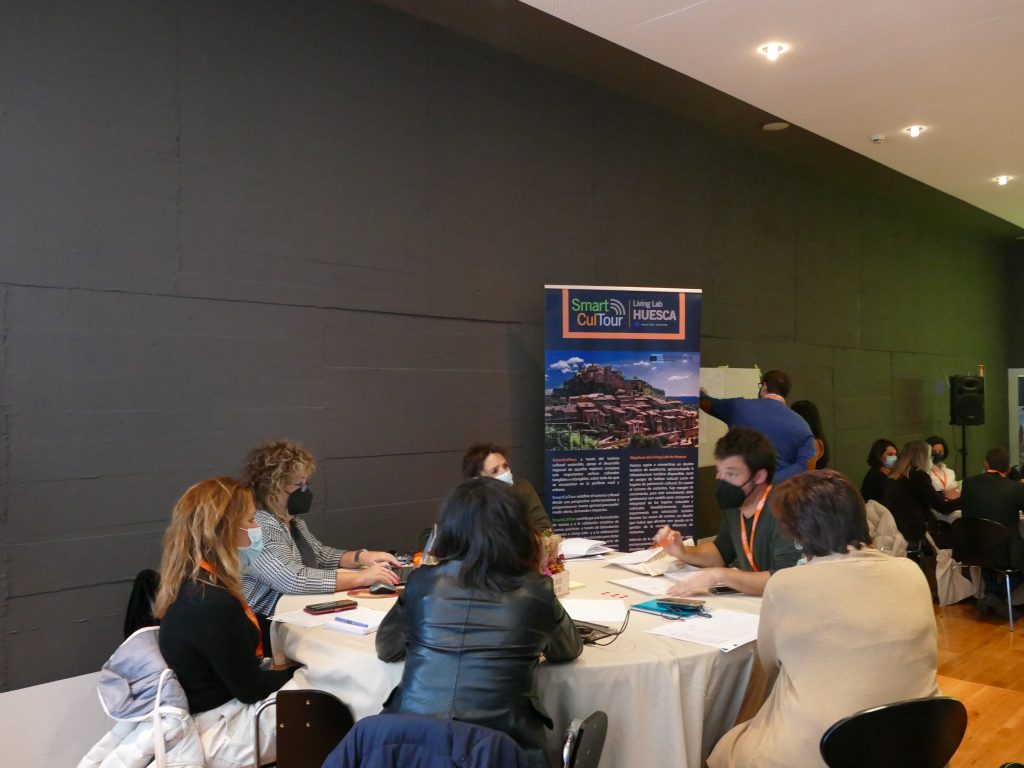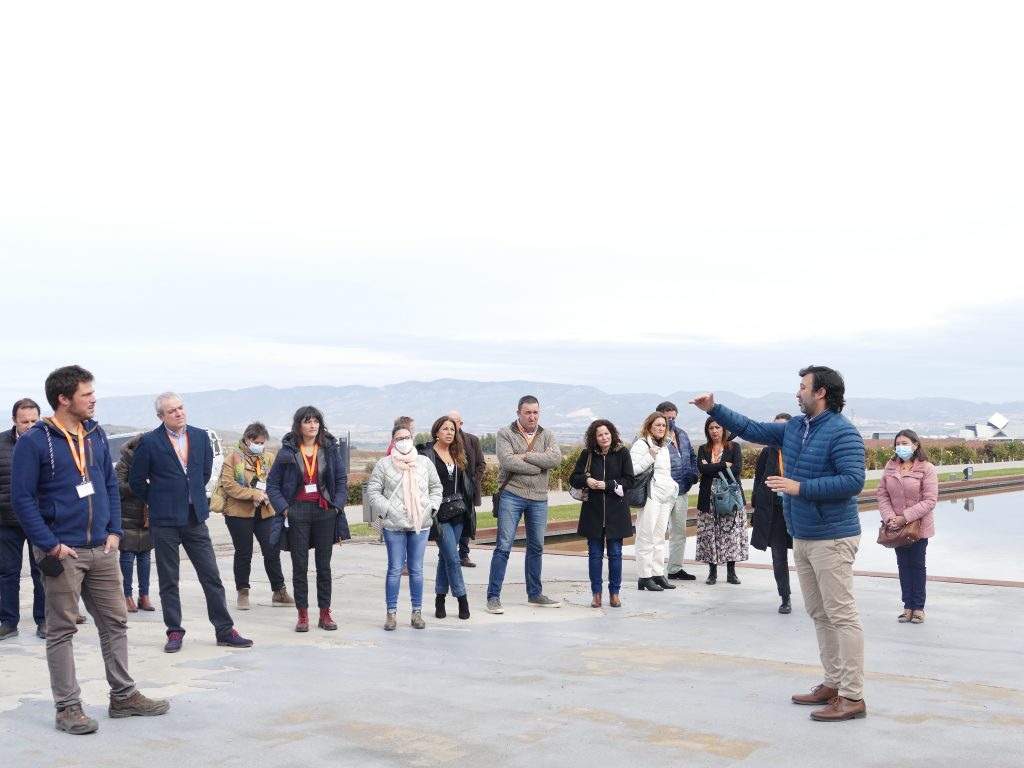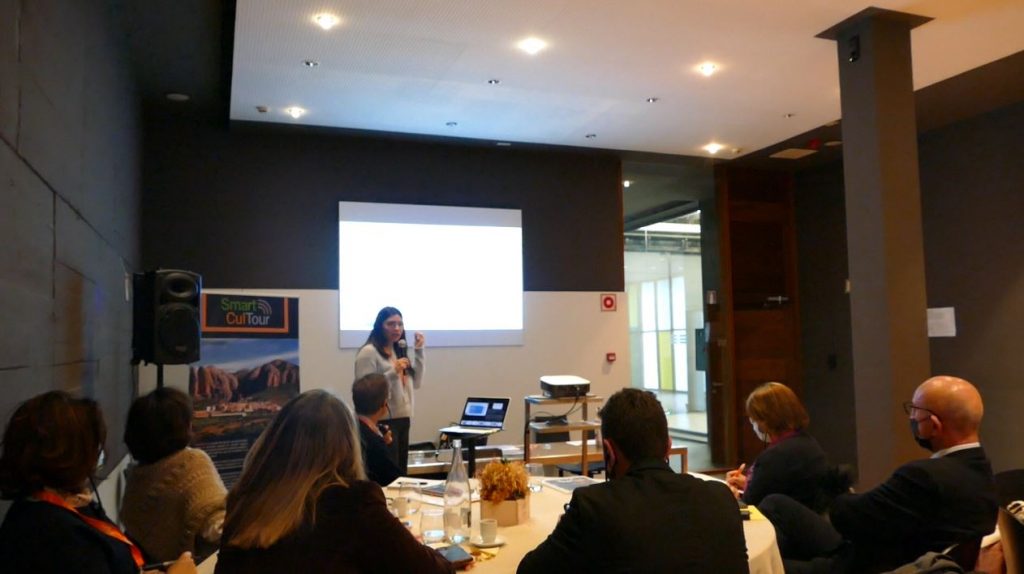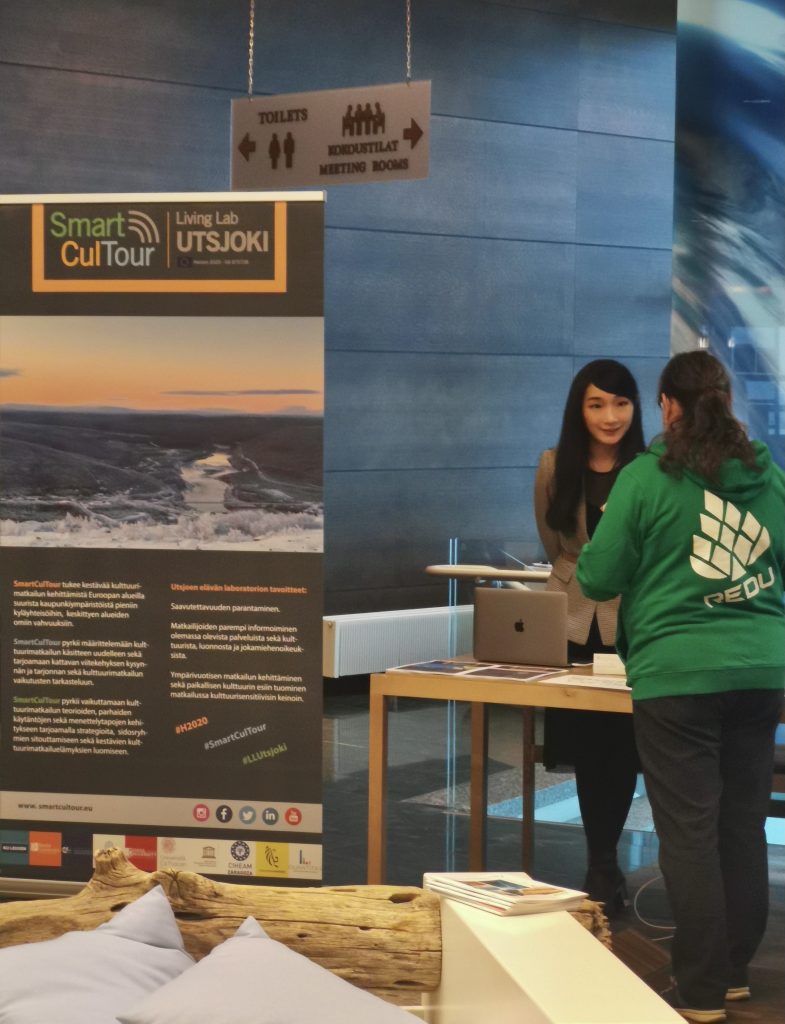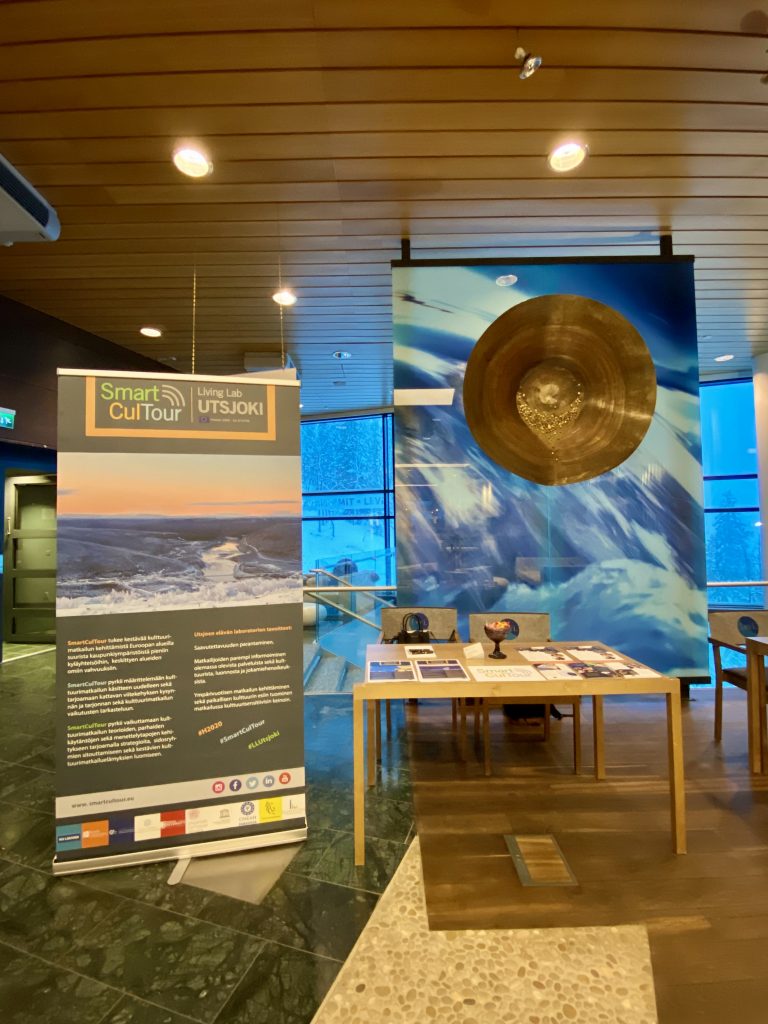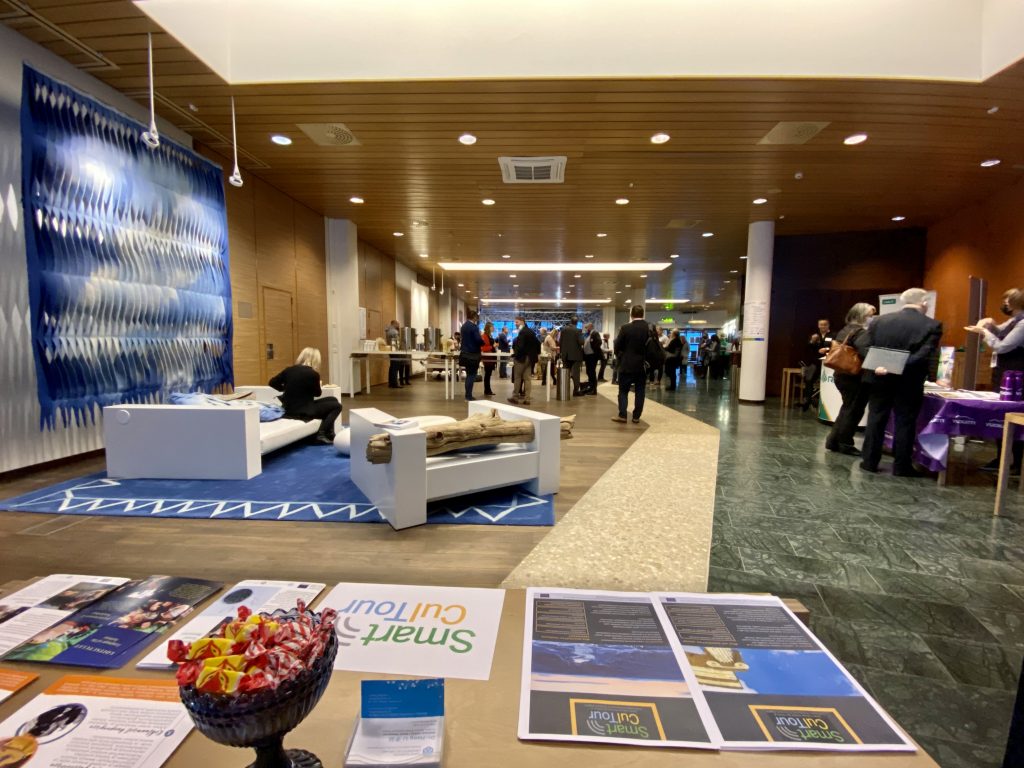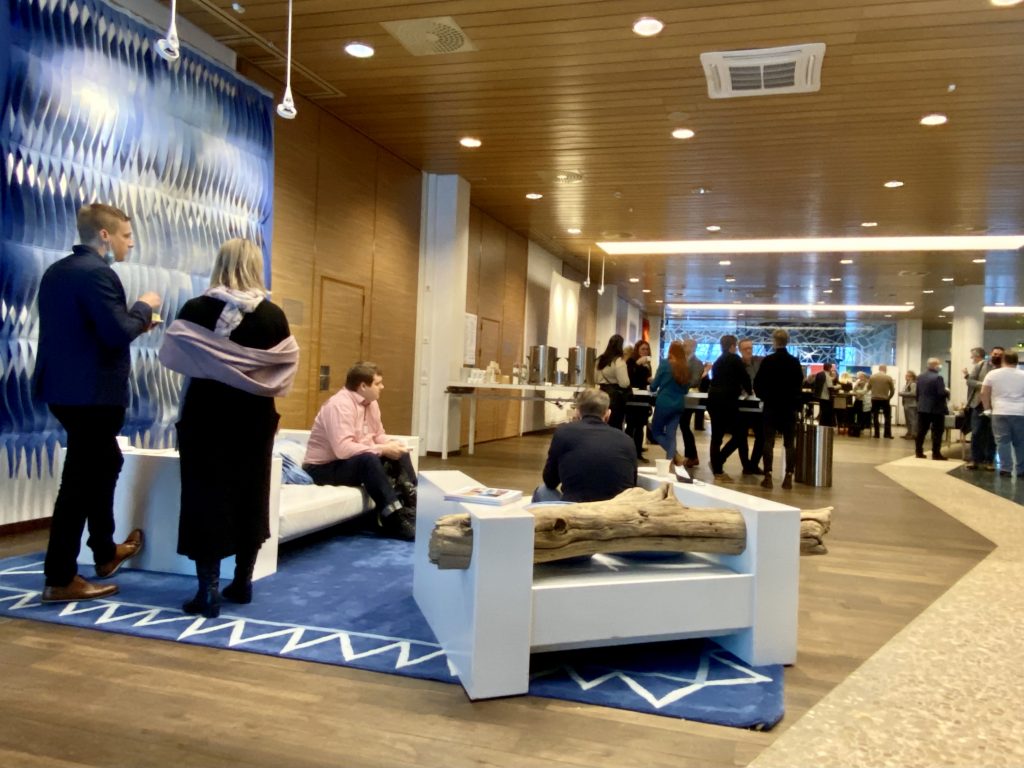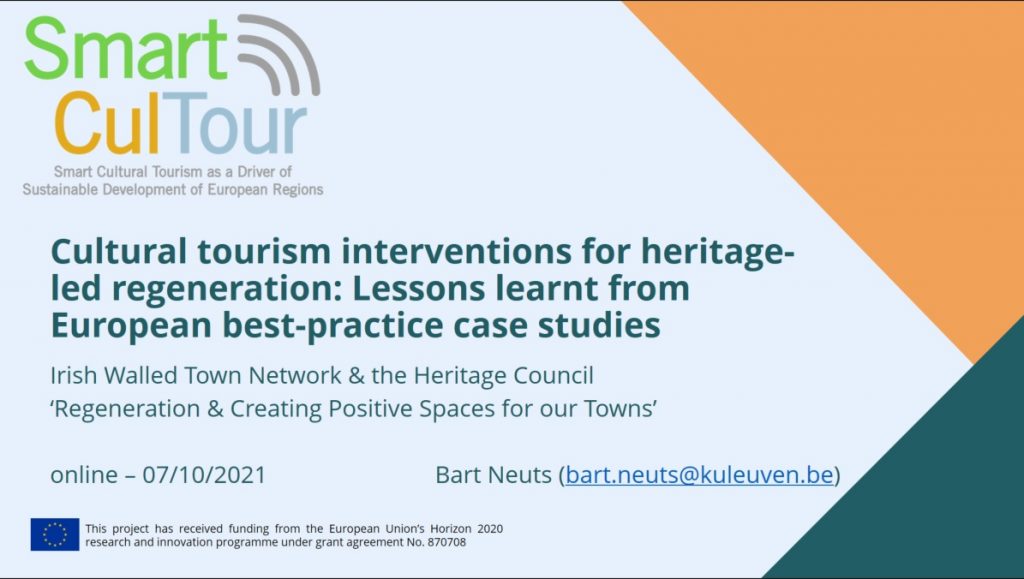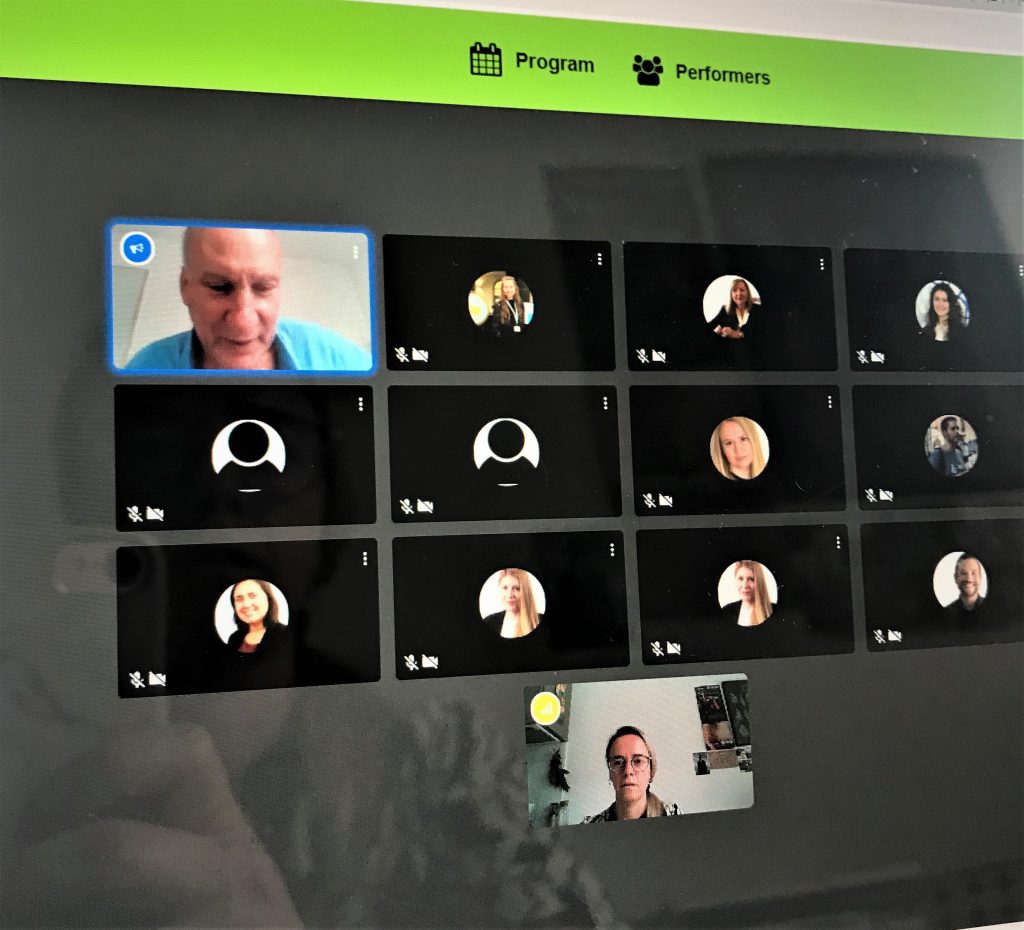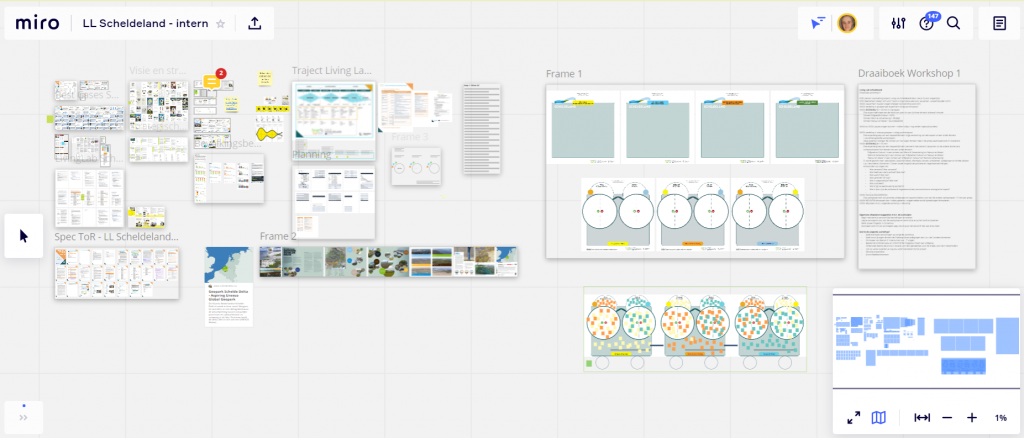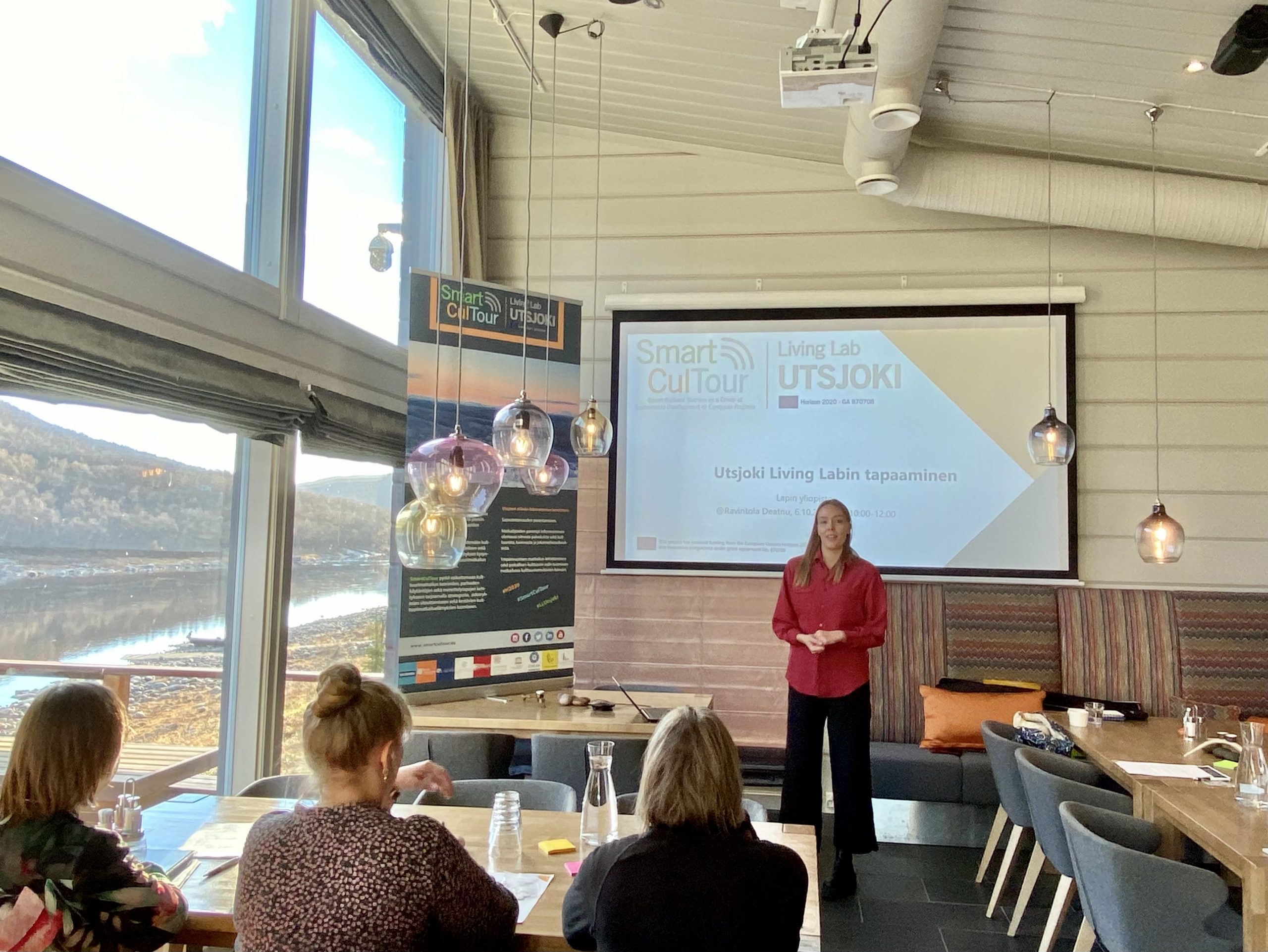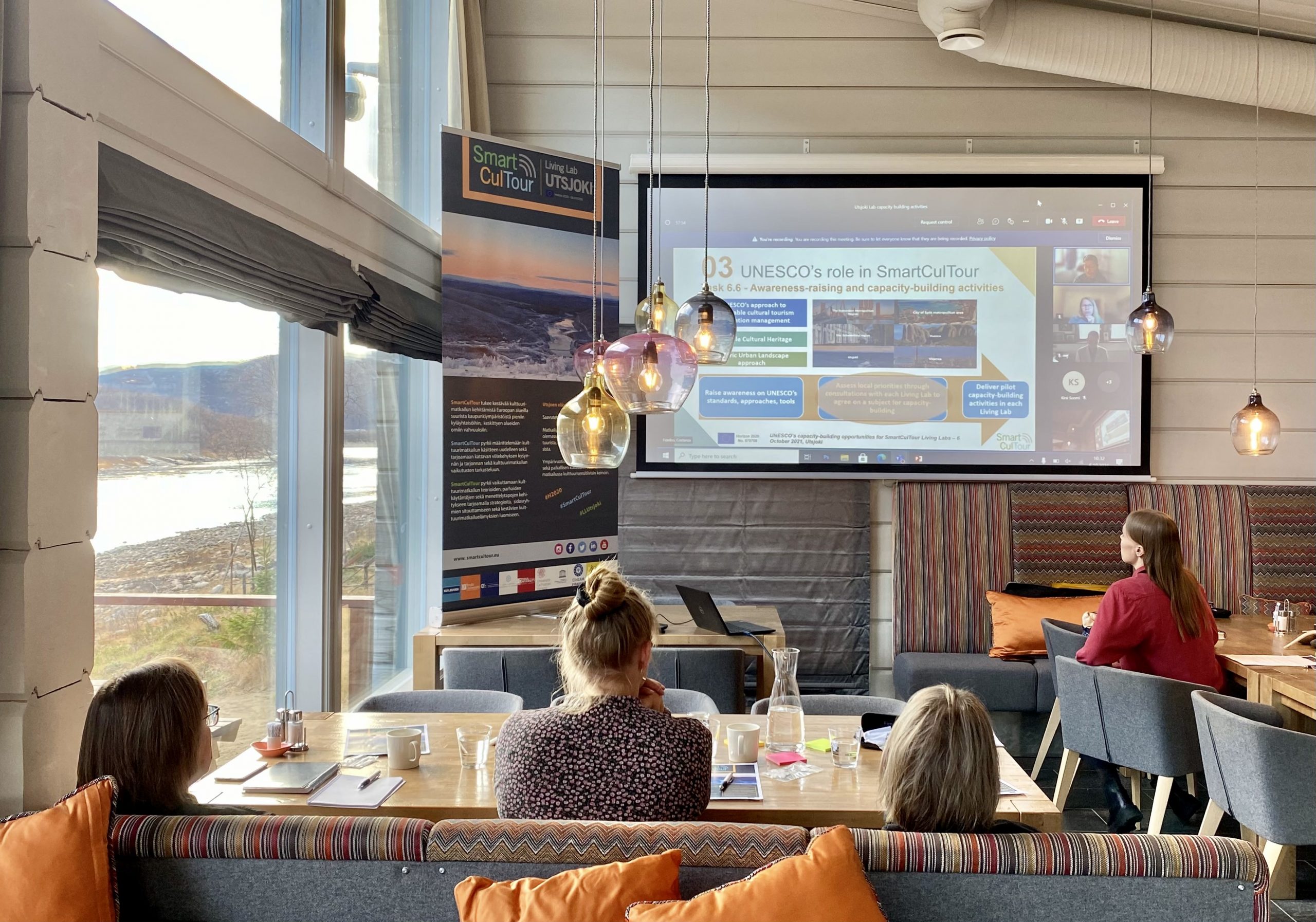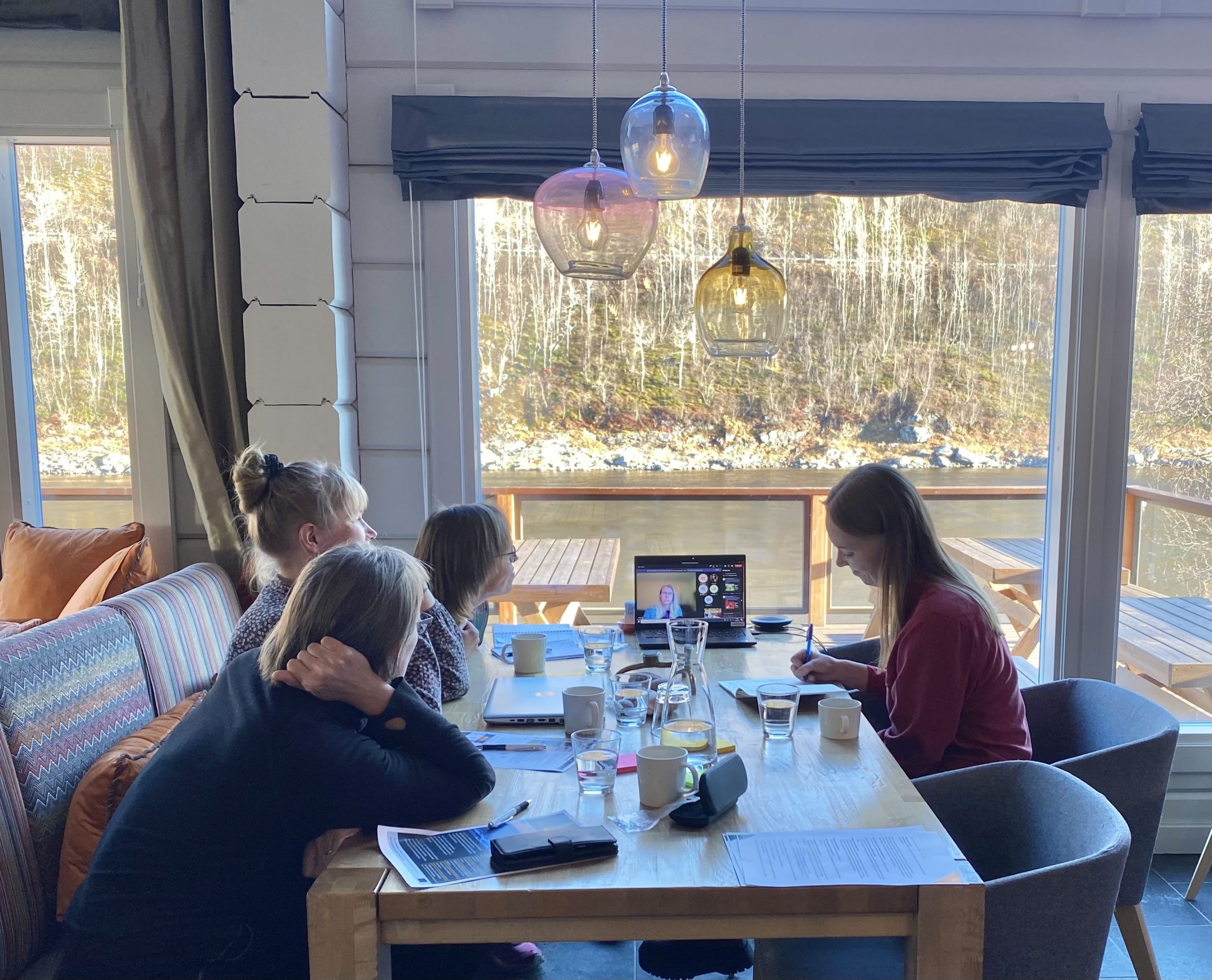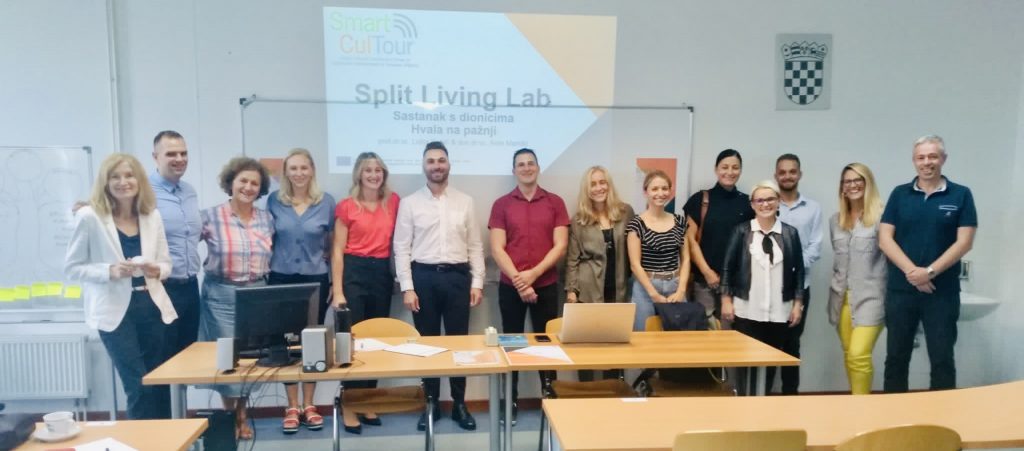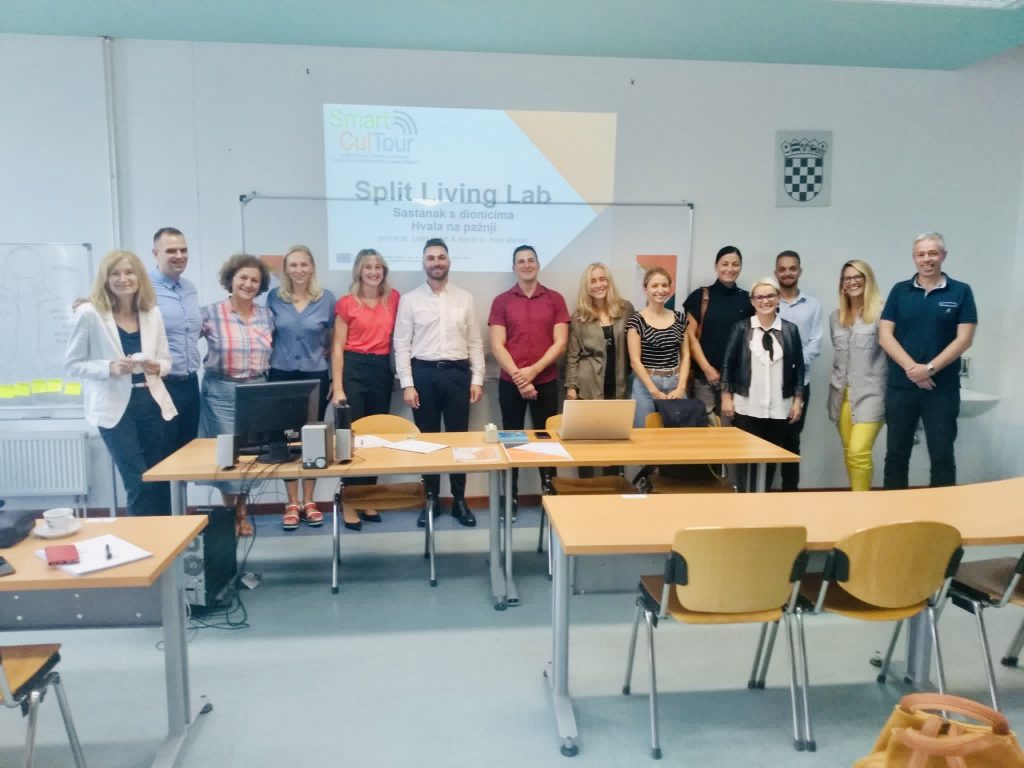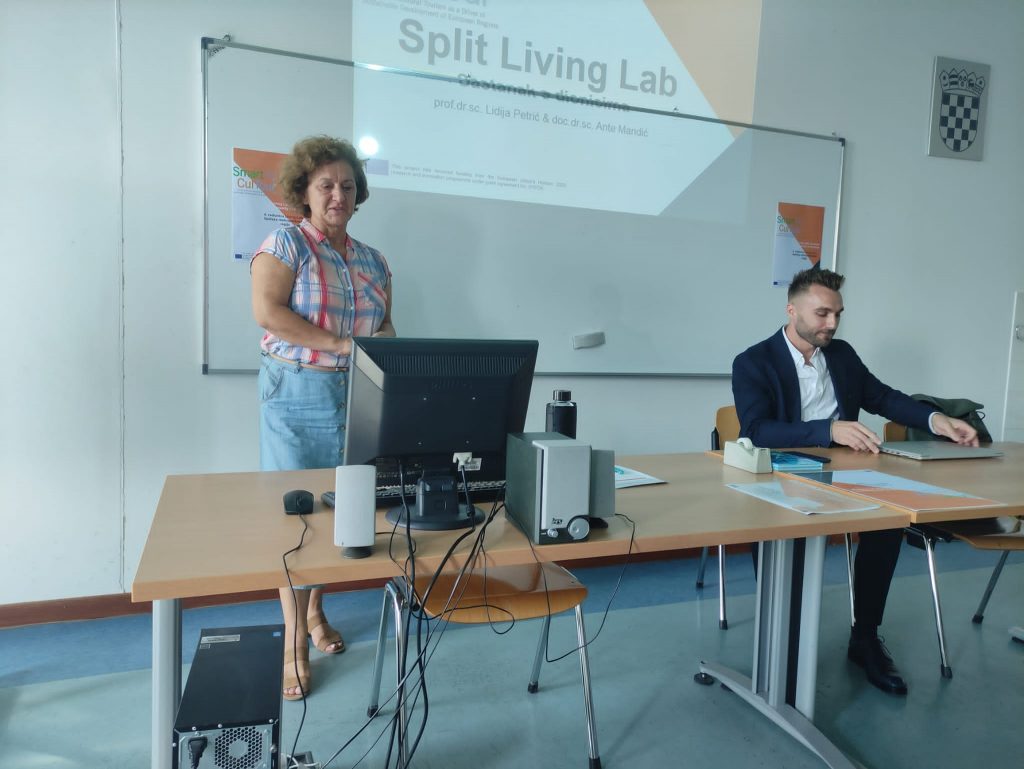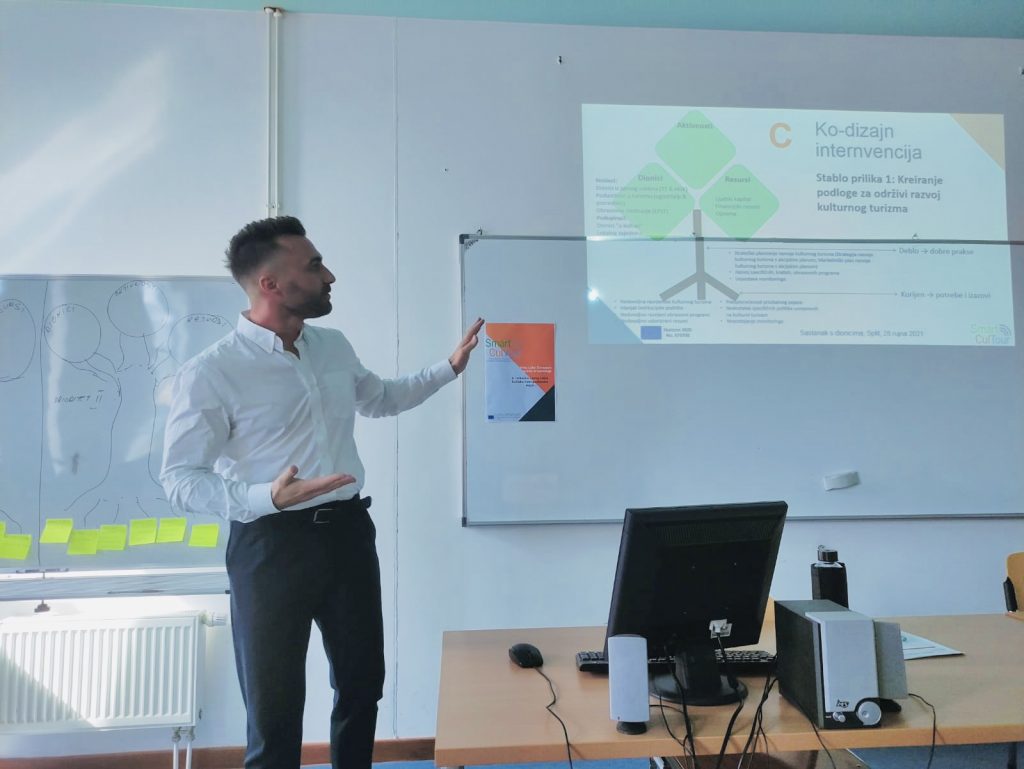The future of urban tourism: SmartCulTour webinar
In the webinar “The Future of Urban Tourism” the SmartCulTour consortium focused on the changing context surrounding urban tourism. After a historic – and to a certain extent – unsustainable growth where increasingly concerns were raised with regard to overtourism, gentrification, and a general loss of quality of life for residents, the Covid-19 pandemic abruptly disrupted society as a whole, and the tourist system in particular, offering a moment of reflection and contemplation. But the question remains as to what future holds and how policies can be designed to build-back better.
The webinar brought together experts from the SmartCulTour consortium, as well as external cultural heritage and destination marketing experts, and representatives of the other European research projects of IMPACTOUR, SPOT and TeXTOUR. Jan van der Borg and Daniel Basulto Garcia-Risco recognized some early disconcerting trends of a quick return to normal, which is unsurprising considering the very real negative economic impacts that were caused by Covid-19. Realistically, overtourism will likely become part of reality to some extent and researchers and policy makers can play a central role in designing about new business models for tourism destinations and entrepreneurs.
From such a policy perspective, Elke Dens and Ko Koens do recognize an increased emphasis among destinations of reframing the economic view of tourism towards a vision that sees tourism as an integral part of the social system where a focus on local quality of life for residents forms the basis of a sustainable and healthy destination. Local grassrooted initiatives and community involvement are happening – as also exemplified by Naja Marot – but a challenge remains regarding the scaling up of such initiatives. As mentioned by Greg Richards, Naja Marot and Elke Dens, there is an increased trend towards hybridization – both in terms of cultural consumption and in terms of urban and economic structures – where boundaries between tourists and residents start to disappear. This might be further accelerated in the Covid-19 pandemic where cultural institutions have at least temporarily refocused on locals.
Finally, as mentioned by Graham Bell and reflected on by most of the other speakers, while there is an opportunity to start a new path and inform policy-makers, there is a need to measure the right things. This remains challenging since progressing from economic impacts towards impacts on wellbeing requires more extensive data collection and the incorporation of essentially qualitative data.


